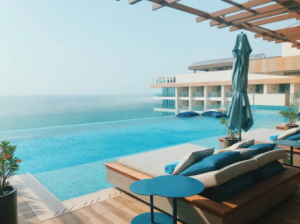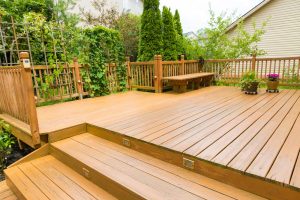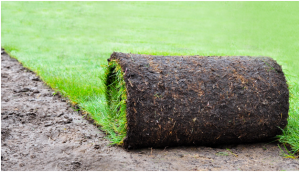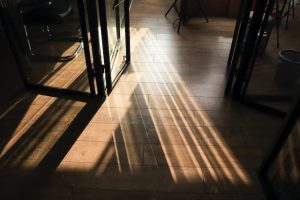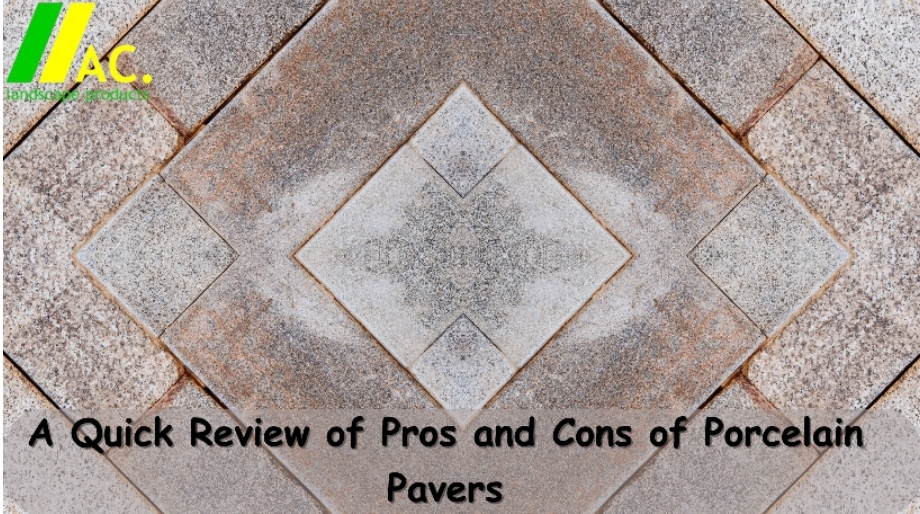
Undertaking the paving project can be mind-boggling with so many materials and related factors to consider. Often, homeowners don’t consider porcelain pavers because they are man-made materials and have been around for less than a decade. Little do they know that porcelain paving has so much to offer as landscaping or decking material.
Porcelain pavers gracefully straddle the line between durability and beauty, making them an excellent choice for revamping your pool, deck, patio, garden, or driveway. This versatile paving material offers homeowners various design options, from the stately elegance of travertine to the rustic charm of wood effect tiles.
However, accompanying their aesthetic appeal and durability are considerations like maintenance, price, and installation process that you must weigh. To make an informed decision, you should understand the benefits and potential drawbacks. So, keep reading to learn the pros and cons of porcelain pavers.
Pros of Porcelain Pavers
- Durability and longevity
One of the most significant pros of porcelain pavers is their durability. Their structural integrity lies in the vitrification process. Porcelain is made of special clays and additives that are fired to temperatures of 12,00 to 14,00 degrees Fahrenheit, which creates a hard-wearing, durable, water-resistant, and dense surface.
Moreover, these paving materials are frost-resistant, making them capable of enduring harsh weather conditions for long. To make porcelain pavers more durable and stronger, manufacturers sometimes even integrate glass chippings aggregate into the material.
- Aesthetically appealing
You can find porcelain pavers in a vibrant range of colours and styles, significantly broadening the horizons of paving design. Therefore, your designer can create visually stimulating, harmonious outdoor spaces for your home.
In addition, the colours are much deeper and richer, feature more variation in light and shade, and incorporate special effects, making porcelain pavers look different from natural paving stones and natural wood.
- Easy to clean and requires minimal maintenance
Another plus point of porcelain pavers is they have practically zero water absorption rate, which means you don’t have to invest in sealers or protective coatings to seal the pavers’ surface.
Spills and debris are usually the problem with porous pavers like concrete. However, you can easily remove oil, grease, or other debris from porcelain using appropriate cleaning products.
- Lightweight
Now that porcelain pavers are ¾’’ thick, they are lighter than concrete and most natural stone paving slabs. Their light weight makes them easier and more cost-effective to transport to the job site and install for rooftop deck, patio, garden, or driveway applications.
Cons of Porcelain Pavers
- Brittleness
Since porcelain is fired at very high temperatures, it’s more brittle than concrete pavers, although similar to many natural stone pavers. It means proper care needs to be taken when you are transporting porcelain pavers. Moreover, avoid dropping the pavers, especially on their corners and take care during installation to avoid any raised edges and chipping.
- Harder to cut or drill than concrete
Because of the hard and dense nature of porcelain pavers, experts will need more specialised tools for cutting or drilling the pavers. For instance, diamond blades are vital to cutting the pavers, and larger projects will require a wet saw. When drilling holes in the porcelain pavers, it’s crucial to use drill bits explicitly designed for rugged and dense surfaces.
- Initial cost
The initial cost is another disadvantage for homeowners considering porcelain pavers as they come with a higher price tag.
All-in-All
Porcelain pavers have a fair share of both pros and cons. Although it’s an artificial paving material, it offers many more benefits and features than natural paving stones. Furthermore, talking about its cons, considering the durability, maintenance, water-resistance, longevity, and aesthetic appeal of paving slabs UK, they can be cancelled out. Another point you should consider is working with a reliable manufacturer, designer, and installation expert to make the best out of porcelain paving.

